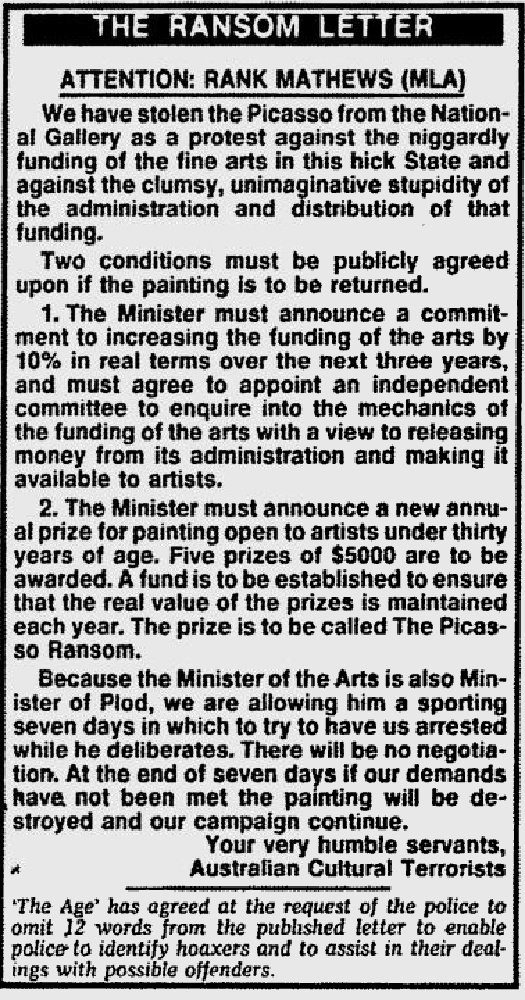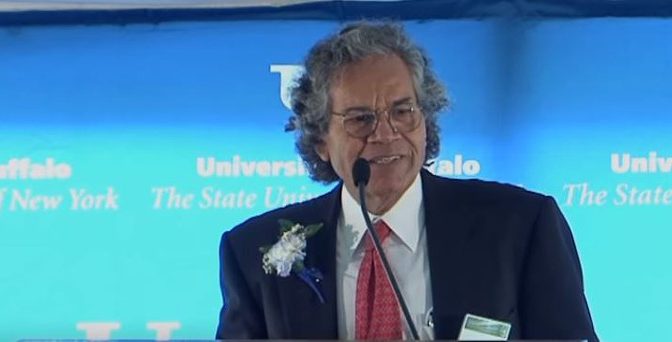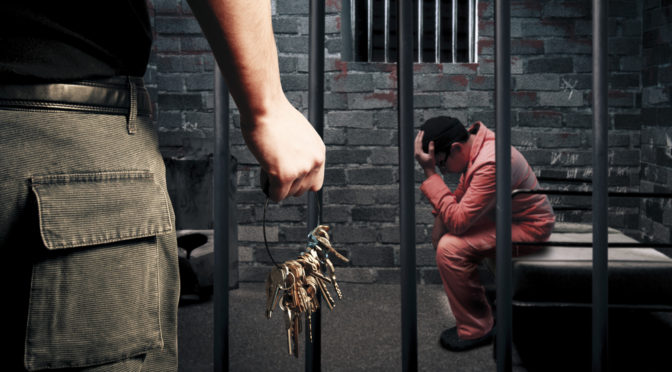Category Archives: Criminal
Best Criminal Defense Lawyer and Legal News Happening in America
More federal defendants could avoid prison under new program
- By LINDSAY WHITEHURST Associated Press
- Updated
SALT LAKE CITY (AP) — More people charged with federal crimes in Utah could get treatment instead of prison under a new program designed to prevent repeat offenses by addressing the reasons why they commit crimes.
The program is aimed at defendants without long criminal histories or those struggling with substance abuse. People would have to plead guilty to charges before they enter the program. Participation is voluntary, and getting into the program is expected to be competitive.
If they complete the requirements successfully, defendants could see charges dismissed, or they could be put on probation rather than be sent to prison. People who fail will be sentenced under terms they agreed to before entering the program.
The program was designed by a team that included federal prosecutors, defense attorneys, probation agents and judges. It was approved this summer, and officials are expected to meet this month to select the first eight to 12 participants.
“I’m not talking about giving a break to the kingpins,” said U.S. Attorney for Utah John Huber. “I’m talking about people on the fringe who … have a heroin addiction, have a meth addiction, and they’re just trying to get to their next fix.”
Defendants who are picked will be separated into two groups, one for people with little to no criminal history accused of crimes like credit card fraud or minor narcotics offenses.
The second group will be people whose behavior appears to be motivated by drug and alcohol problems facing allegations like mail theft or bank robberies not involving a gun. Some of them will likely have criminal histories.
The program will be overseen by U.S. District Judge Robert Shelby. The defendants will be closely supervised and have to make regular appearances before the team of court authorities as well as being required to complete treatment for things like substance abuse, mental illness or education.
Their participation will last one to two years.
Huber said repeat offenders are costly for the court system and the community.
“If I don’t have to, I don’t want to prosecute someone two and three times over. That’s really a big investment of taxpayer resources on a problem that’s kind of a revolving door,” he said.
While Utah state courts have had a similar system for years, it’s a relatively concept in the federal system.
“The federal system has always been seen as very harsh,” said Greg Petersen, the probation officer in the fledgling program. “This is an opportunity for those people who are charged with federal crimes to get a little bit of a second chance.”
When it came to naming the program, Huber wanted something that would be a positive message in acronym form, so they came up with Utah Alternatives to Conviction Track or U-ACT.
As the court team put together the framework, they studied a similar program in federal court in California.
Some defendants won’t be eligible for the program, including those facing child pornography charges, people deeply involved with major fraud or narcotics distribution, those who could be deported or people accused of specific violent acts.
Boston mobster turned Memphis pastor discusses $500 million art heist
MEMPHIS – An ex-Boston mobster who secretly moved to Memphis in 2013 is opening up about his life as the boss of a Boston mafia crew and his knowledge of the largest art heist in world history.
In the 1990s, Robert Luisi, Jr. was the leader of a mob crew in a Boston. Two of the men in his crew, Robert Guarente and 80-year-old Robert Gentile, are suspected by the FBI of stealing $500 million worth of art from the Isabella Stewart Gardner Museum in Boston.
Luisi moved to Memphis in 2013. With guidance from the federal government, he changed his name to Alonso Esposito and started a new life.
Now, Esposito lives in a Memphis suburb with his wife, Julie Esposito, and their children.
Guarente died in 2004. Investigators have searched Gentile’s home in Philadelphia, but didn’t find the paintings. Gentile is awaiting trial for unrelated charges, and he claims he knows nothing about the missing art.
For 26 years, the investigation has led investigators to dead ends. And even with Esposito opening up about his knowledge, the art is still nowhere to be found.
When asked if men in his crew were involved in the heist, Esposito said, “I think several of them were. Yeah, that was my crew.”
But Esposito said he didn’t connect with Gentile and Guarante until a few years after the heist.
“I was coming back to Boston from Martha’s Vineyard,” Esposito said, describing what he was doing on March 18, 1990 – the night the paintings were stolen. “That crew that they suspect actually did the robbery, I really didn’t hook up with them until about ’94.”
No one has ever been arrested for stealing the art, but leads have continually taken investigators to men related to Esposito’s former friends in Boston, Philadelphia, Connecticut and Florida.
Full Article – http://www.wsoctv.com/news/trending-now/boston-mobster-turned-memphis-pastor-discusses-500-million-art-heist-1/413196610
Picasso Weeping Woman painting theft: The great art heist that shocked Melbourne
Christopher Talbot, Herald Sun
******
++++++++
IN December 1985, the National Gallery of Victoria became the proud owners of the Picasso masterpiece Weeping Woman.
It was the most expensive artwork acquired by an Australian art gallery and cost Victorian taxpayers $1.6 million.
Eight months later it was gone.
When the painting was first acquired in 1985, gallery director Patrick McCaughey said the painting would “haunt Melbourne for the next 100 years”.
He wasn’t wrong. The biggest art heist in Victoria’s history has never been solved and the culprit (or culprits) never caught.
On Monday, August 4, 1986 The Age newspaper received a letter addressed to then-arts minister Race Mathews that read: “We have stolen the Picasso from the National Gallery as a protest against the niggardly funding of the fine arts in this hick State.”

The paper phoned the gallery and indeed the most expensive painting in the nation was gone.
“Confronting the bare wall and the fake label, I was aghast. I excused myself from the committee meeting and began a search of the gallery, desperately hoping that it was a prank and that the painting had been hidden in the building,” McCaughey said in his book The Bright Shapes and the True Names.





